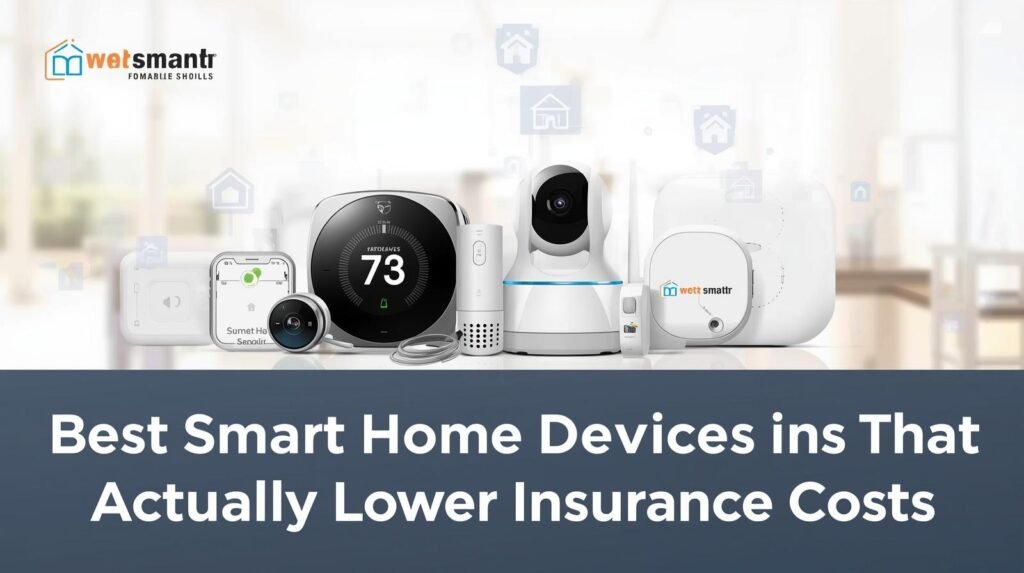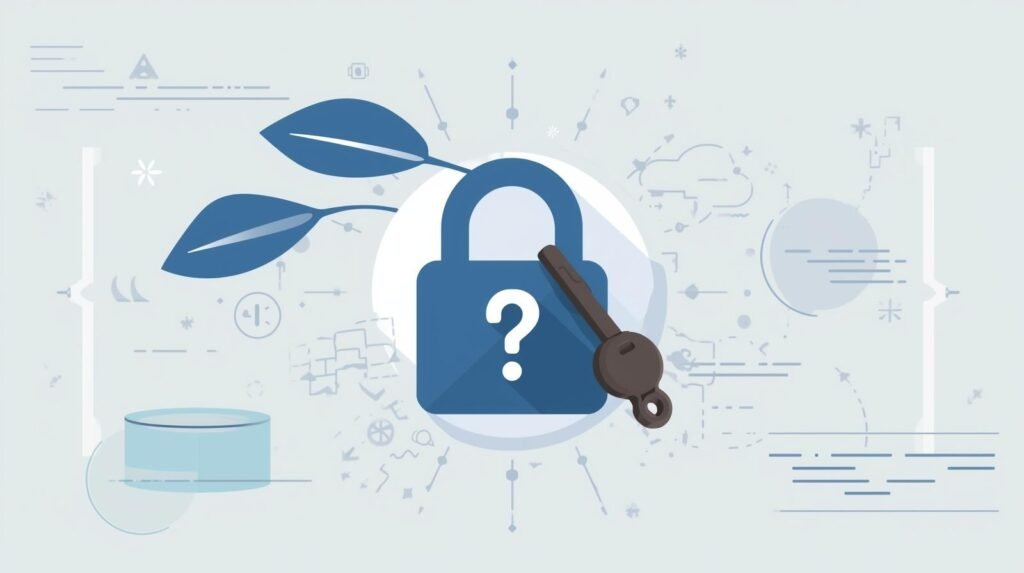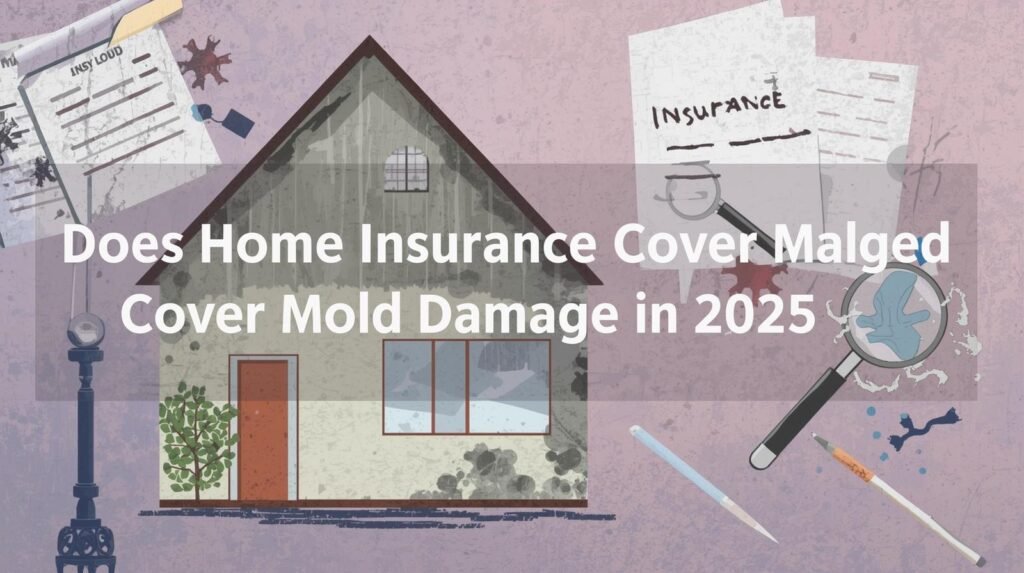Smart home gadgets aren’t just about convenience. They can also save you money on your homeowners insurance. Why? Because insurers love anything that reduces risk. The fewer claims they expect to pay, the more they reward you with discounts.
In 2025, many companies are offering premium reductions of 2% to 20% depending on the devices you install and whether they’re professionally monitored. That can add up to serious savings over time. Let’s break down which devices matter most, why insurers care, and what to check before you buy.
Why Insurance Companies Give Smart Device Discounts
- Risk reduction: Fire, water leaks, burglaries, and electrical problems are among the top causes of costly insurance claims. Smart devices can catch these issues early or prevent them altogether.
- Proactive protection: Insurers would rather pay less for a small leak than cover thousands in flood damage. Prevention is cheaper than repair.
- Data-driven confidence: Connected devices provide alerts, logs, and even proof of incidents, which makes claims smoother.
Smart Devices That Can Save You Money
Here’s a quick breakdown of common device types, how they work, and why insurers like them.
| Device / System | What It Does | Why Insurers Like It |
|---|---|---|
| Smart Leak Detectors & Auto Shut-Offs | Detect leaks and shut off water before major damage. | Water damage is a top claim. These devices prevent flooding, mold, and costly repairs. |
| Smart Smoke & CO Detectors | Alert you (and sometimes authorities) at the first sign of fire or carbon monoxide. | Fires are catastrophic. Early detection minimizes losses. |
| Home Security Systems | Sensors, cameras, alarms, motion detectors. Some are professionally monitored. | Deters break-ins, reduces theft risk, and provides proof for claims. |
| Smart Locks & Video Doorbells | Remote access, visitor logs, real-time video. | Adds an extra layer of security and documentation for burglary claims. |
| Smart Thermostats & Temperature Monitors | Prevent frozen pipes by tracking extreme temps. | Frozen pipes are expensive to fix. These devices reduce that risk. |
| Electrical Monitoring Devices | Detect surges, faulty wiring, and overloads. | Electrical fires are costly; early detection can stop them before they start. |
How Much You Can Actually Save
- Small discounts (2–5%): Video doorbells, smart locks, or basic smoke detectors.
- Bigger discounts (up to 15–20%): Comprehensive systems—security monitoring + leak detection + fire alarms.
- Extra perks: Some insurers even subsidize device costs or offer rebates if you install devices on their approved list.
What to Check Before Installing
- Confirm with your insurer first. Not all devices qualify, and brands or models may matter.
- Professional vs. self-monitoring. Insurers often give bigger discounts for professionally monitored systems.
- Documentation required. Keep invoices, monitoring contracts, or proof of installation handy.
- Device reliability. Cheap devices that give false alarms or fail at the wrong time could backfire.
- Cybersecurity. Keep your devices updated and secured—yes, hackers have targeted smart cameras before.
Examples of Popular Smart Devices
- Flo by Moen – water shut-off + leak detection
- Nest Protect – smoke & carbon monoxide detection
- Ring, Arlo, Blink, or Eufy – video doorbells & cameras
- SimpliSafe or ADT – monitored home security systems
- Ecobee, Nest, Honeywell – smart thermostats
- Ting – electrical fault monitoring, sometimes partnered with insurers for discounts
Are Smart Devices Always Worth It?
Not always. The upfront cost (plus installation and possible monitoring fees) can outweigh the discount in the short term. For example, a $300 device might save you $50 a year—good in the long run, but not instant.
Also, discounts don’t cover everything. Natural disasters like hurricanes or earthquakes won’t be prevented by a smart doorbell. Think of smart devices as part of your overall risk reduction strategy, not a magic fix.
The Bottom Line
If you want to save on homeowners insurance in 2025, start with devices that insurers value most: leak detectors, smoke and CO alarms, and monitored security systems. These directly prevent the biggest claims and often lead to the best discounts.
Always check with your insurance company before investing to make sure the devices qualify. Done right, smart home tech not only makes your house safer and more convenient—it also helps keep your insurance bill lower year after year.







